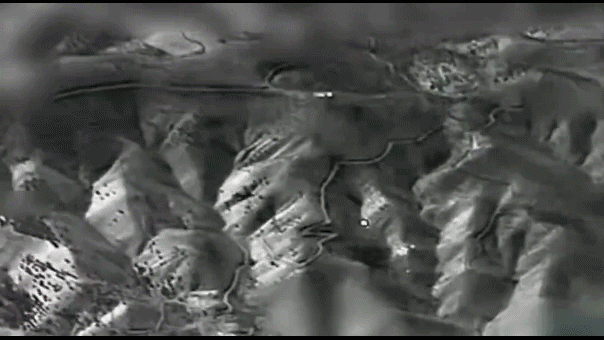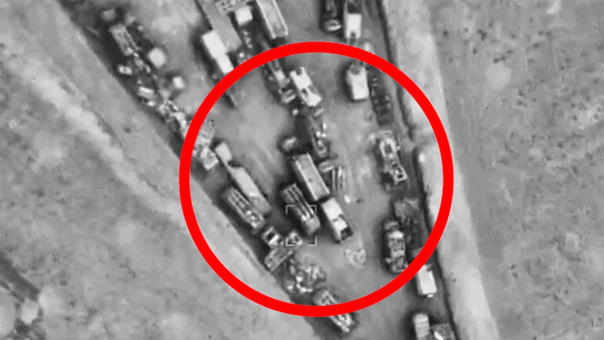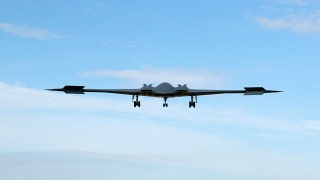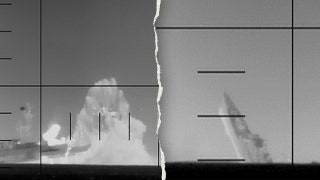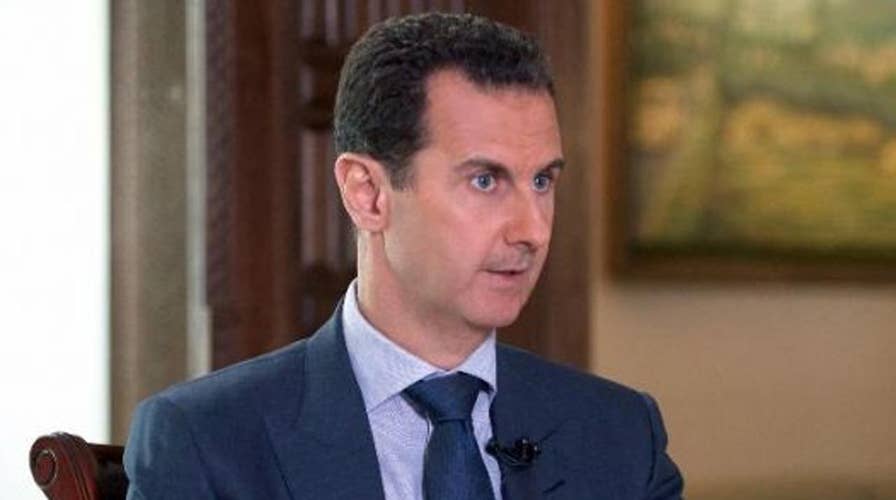White House says Assad potentially planning chemical attack
Trump administration warns Syria about consequences of using chemical weapons
The Trump administration said late Monday that it had discovered evidence that the regime of Syrian President Bashar Assad could be planning another chemical weapons attack.
Press Secretary Sean Spicer said in a statement that "The United States has identified potential preparations for another chemical weapons attack by the Assad regime that would likely result in the mass murder of civilians, including innocent children."
Spicer added that the activities resembled preparations for an April chemical weapons attack that was blamed on Damascus.
"As we have previously stated, the United States is in Syria to eliminate the Islamic State of Iraq and Syria," Spicer concluded. "If, however, Mr. Assad conducts another mass murder attack using chemical weapons, he and his military will pay a heavy price."
The White House did not detail what prompted the warning. Several State Department officials typically involved in coordinating such announcements told the Associated Press they were caught completely off guard by the warning, which didn't appear to be discussed in advance with other national security agencies.
Typically, the State Department, the Pentagon and U.S. intelligence agencies would all be consulted before the White House issued such a declaration.
US AIR STRIKES POUND PRO-ASSAD FORCES IN SYRIA
However, a non-governmental source with close ties to the White House told AP the administration had received intelligence that the Syrians were mixing precursor chemicals for a possible sarin gas attack in either the east of south of the country, where government troops and their proxies have faced recent setbacks.
U.S. Ambassador to the United Nations Nikki Haley later said that "any further attacks done to the people of Syria will be blamed on Asaad, but also on Russia & Iran who support him killing his own people."
Earlier Monday, Trump dined with Secretary of State Rex Tillerson, Defense Secretary Jim Mattis, National Security Adviser H.R. McMaster and other top officials as he hosted Indian Prime Minister Narendra Modi at the White House.
Tillerson and Russian Foreign Minister Sergey Lavrov talked earlier Monday about the need to secure a cease-fire in Syria, fight extremist groups and prevent the use of chemical weapons, the Russian Foreign Ministry said.
Assad had denied responsibility for the April attack on the town of Khan Sheikhoun in the rebel-held Idlib province that killed dozens of people, including children. Victims show signs of suffocation, convulsions, foaming at the mouth and pupil constriction.
Days later, Trump launched a cruise missile strike on a Syrian government-controlled air base where U.S. officials said the Syrian military had launched the chemical attack.
It was the first direct American assault on the Syrian government and Trump's most dramatic military order since becoming president months before.
Trump said at the time that the Khan Sheikhoun attack crossed "many, many lines," and put the blame squarely on Assad's forces.
Syria, meanwhile, maintained it hadn't used chemical weapons and blamed opposition fighters for stockpiling the chemicals. Russia's Defense Ministry said the toxic agents were released when a Syrian airstrike hit a rebel chemical weapons arsenal and munitions factory.
Chemical weapons have killed hundreds of people since the start of the conflict, with the U.N. blaming three attacks on the Syrian government and a fourth on the ISIS terror group.
On June 18, a U.S. Navy fighter jet shot down a Syrian Su-22 after it attacked U.S.-backed fighters in northern Syria near ISIS' de facto capital, Raqqa. Ten days earlier, U.S. officials reported that a drone likely connected to Iranian-supported Hezbollah forces fired on U.S.-backed troops in southern Syria and was shot down by an American fighter jet.
The Associated Press contributed to this report.



